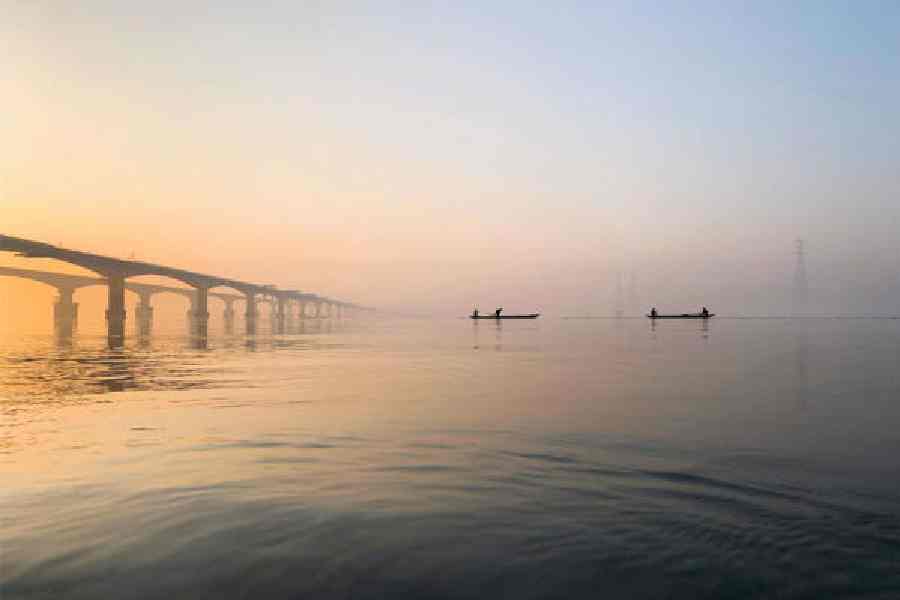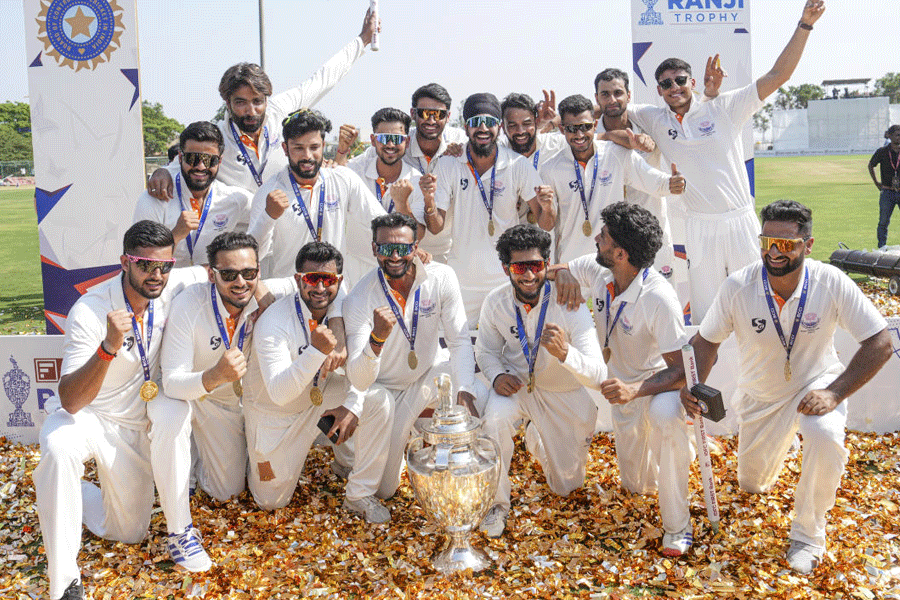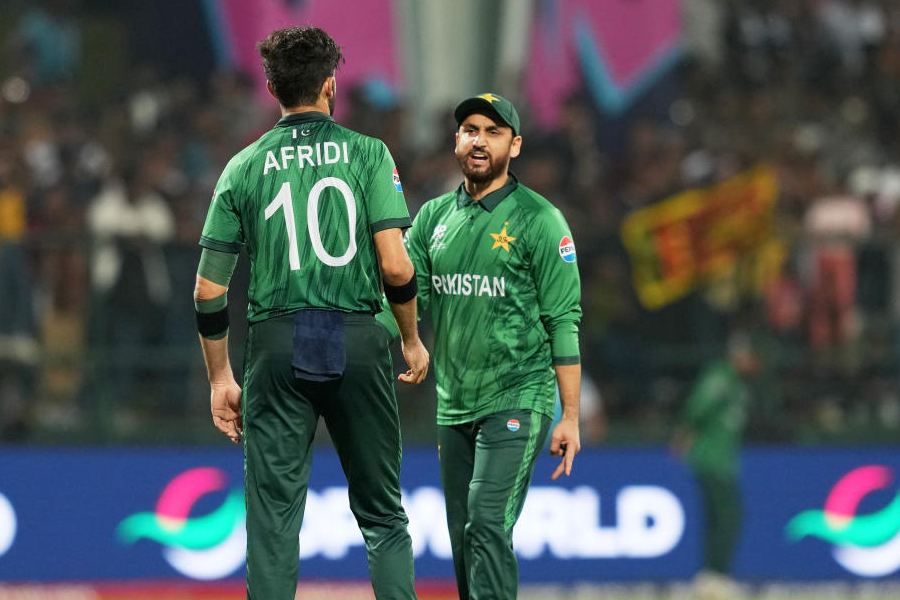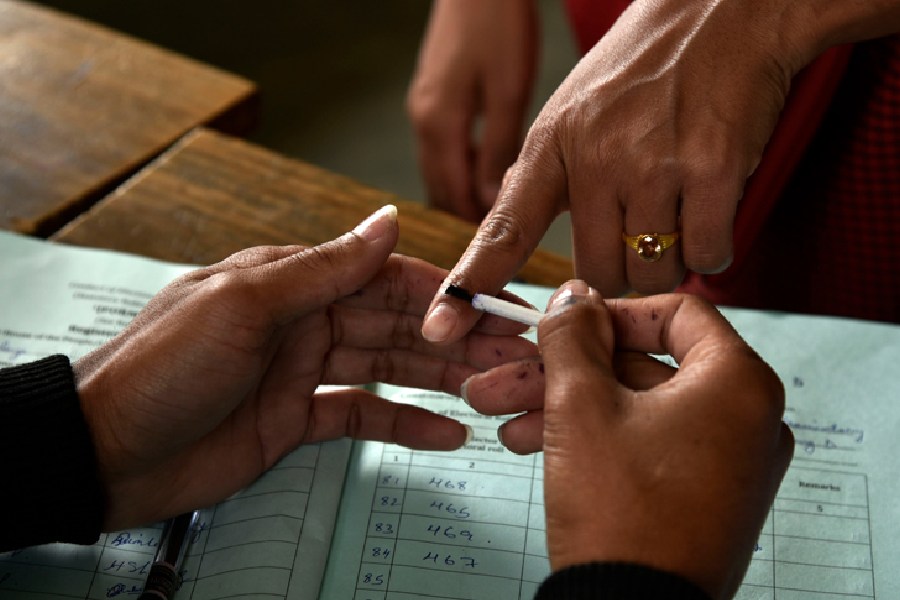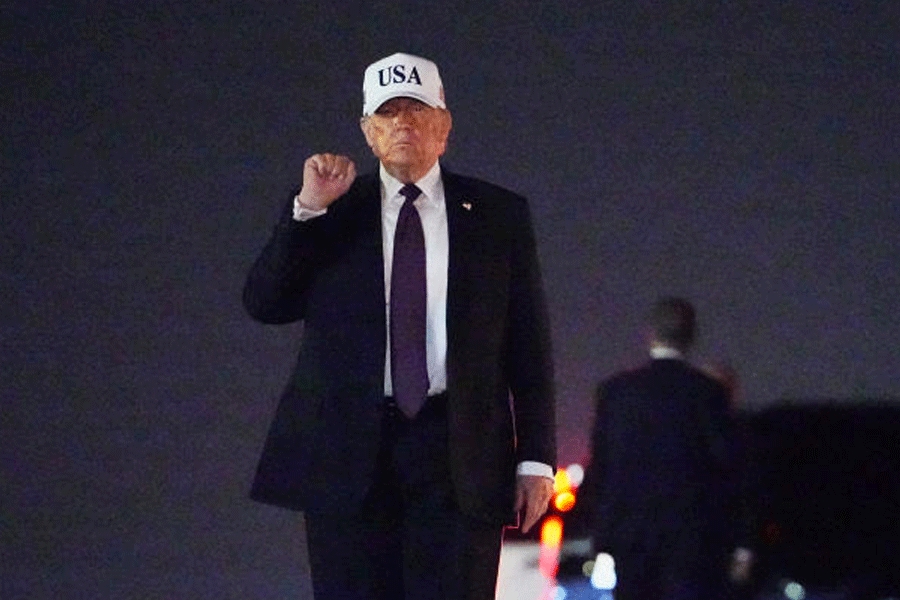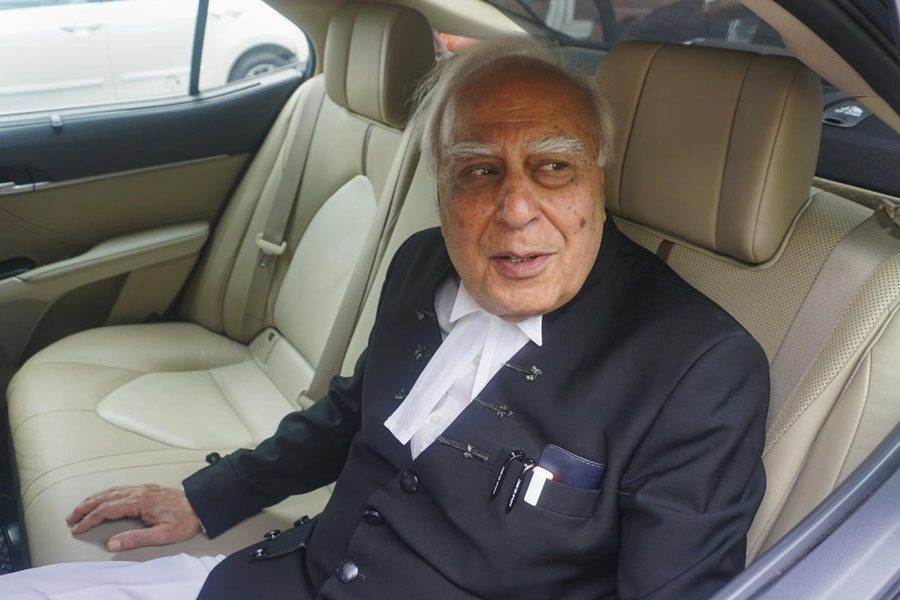At the Calcutta leg of India’s largest environmental film festival, All Living Things Environmental Film Festival, Morisika — The Story of a Boatman garnered critical acclaim and saw members of the audience tearing up. Morisika is produced by Vandana Menon and directed by Menon and Debashish Nandi. Both of them were present at the screening of the film at 1, Queens Way, Victoria Memorial, last month. The duo was in conversation with ALT EFF director, Kunal Khanna, and answered several questions from the audience too. The film depicted the life of people staying in the Brahmaputra valley, folklore and history of the people and their bond with the river. The film is also a part of the River Project through which the directors want to preserve the real-life stories of people living in the valley. From floods to economic backwardness and ecological grief of the locals, the film does an excellent job in narrating a story that gives goosebumps.
How did you come up with the name of the film?
Debashish Nandi: The title Morisika literally translates to mirage, which is a metaphor for connecting threads much as the boatmen themselves in Assam connect people and livelihoods. The mention of boatmen in the title was very important since the film is based on their livelihoods. There is a line in the film, "What is my life if not a small boat in a big river." I think the line does justice to the aptness of the title.
The shooting has taken place in Tezpur, Gauripur and other small places in Assam. How did you get in contact with the boatmen and what was the shooting procedure?
Vandana Menon: So, Debashish has grown up in Assam and he always felt the need to make the voices of the boatmen heard. Every year there would be a flood and people would lose family members, land, houses and much more. When Debashish and I connected, the River Project was born and this film is the pilot for the project. The stories of people around the Brahmaputra are fading away because that is the thing about memories. It is only by audio-visual recording can we preserve such rich history because that is the only proof of history there. The shooting was done in Assam and we stayed there for over a year with the boatmen. We lived in little huts like theirs, consumed what they ate, took part in their everyday routine on the river and land and befriended them. We would always tell them that they just have to exist and we will get what we need. I remember telling them, "It's about the river, you tell us what the story will be."
The film is not scripted so there is no dialogue delivery. We would simply stay with them the whole time and simultaneously record as they shared anecdotes or conversed with us. We would go days without recording anything too because we cannot force them to be candid and we had lots of fun in that time. We documented them throughout 2022. In fact, we finished the final edits like 15 days before ALT EFF (laughs). Notably, all the boatmen who helped us make the film have an audio documentation of the same on their phones, which they can access through the River Project application we developed. The application is available in local Assamese languages for now but it will soon be available for everyone.
What is the budget of the film and how did you source it?
Vandana: The budget for Morisika is below Rs 6lakh and we sourced the money through art film grants. For instance, our application for a New York University grant was accepted and we further cross-subsidised the film. Moreover, our living costs were minimal since we stayed in a single hut. There were no hired actors so that cut down the cost of casting and linked expenses too. Even the audio throughout the film was provided by a local.
What made you choose such a sensitive environmental film? Did it take a mental toll on both of you?
Debashish:Morisika just brings to the screen what I have seen for years as a child, teen and an adult. It is definitely emotional for me because to witness the River Project finally manifesting on a platform like ALT EFF is a huge deal.
Vandana: I grew up climbing trees, playing outside and I come from a family where everyone religiously reads books and watches films. I believe that is why environmental films always interest me. Of course, the mental and emotional toll was huge, especially after Covid-19. To know the stories of the boatmen up close and to be there for over 365 days did leave me weary but every time I would feel a little out of hope, surprisingly it was the boatmen who would make the effort to cheer me up or do a bonfire.

